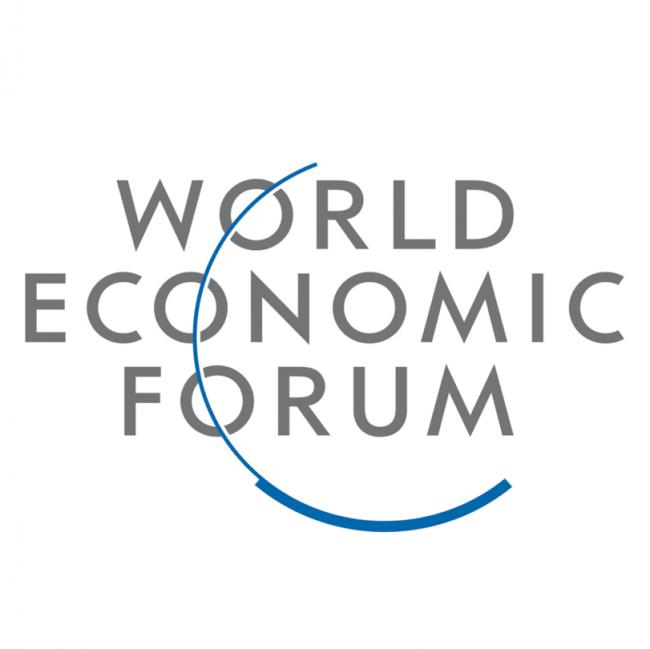
Improving the outlook for science depends on basic research and better use of talent
“We don’t have industry supporting basic research to the extent that it used to,” said Subra Suresh, President, Carnegie Mellon University, USA.
In the past, corporate institutions such as Bell Labs provided long-term funding for fundamental research, which led to breakthroughs like the transistor. The short-term pressures on science and business today are not conducive to basic research, which can takes decades to deliver results.
Governments can play a greater role in enabling greater private support for basic sciences. “The bargain that we have to make as politicians is to say [to businesses]: we will lower your barriers, but think about investing in science,” said Carlos Moedas, Commissioner, Research, Science and Innovation, European Commission, Brussels.
Elizabeth Blackburn, Professor, University of California, San Francisco, USA, noted that short-term pressures can stifle scientists’ desire to solve complex challenges. “Let scientists have long leashes,” she said. Tenure requirements, grant applications and stipulations from the private sector could be better aligned to allow scientists to work on longer time frames.
Another way to improve the outlook for scientific innovation is to make better use of existing talent. While women constitute 40% of doctoral students in the sciences, they comprise a vastly smaller percentage of the scientific workforce. In addition, in some disciplines, scientists spend multiple years in postdoctoral fellowships without being able to find long-term work.
“We know we need all the scientific talent that we can find, and we’re wasting it,” said Suzanne Fortier, Principal, McGill University, Canada.
Political, corporate and structural changes in the sciences could improve societies’ ability to leverage scientific potential. The old model of a lone scientist operating from a lab bench in a white coat is obsolete. “Science is not happening like that now. Science happens from interdisciplinary teams,” said Blackburn.
Some of the most innovative scientific and private-sector institutions encourage this innovation between disciplines. Academia could play a more central role in incentivizing this type of collaboration by prioritizing partnerships.
The public has a tendency to focus on large-scale “moonshot” projects, said Mariette DiChristina, Editor-in-Chief of Scientific American, USA. But this focus on the spectacular discoveries should not obscure the virtues of small-scale innovations. After all, many of the greatest breakthroughs – from GPS to algorithms that match organ donors – have come from unanticipated applications of scientific insights.
Over 2,500 leaders from business, government, international organizations, civil society, academia, media and the arts are participating in the 46th World Economic Forum Annual Meeting in Davos-Klosters, Switzerland, on 20-23 January.
Support Our Journalism
We cannot do without you.. your contribution supports unbiased journalism
IBNS is not driven by any ism- not wokeism, not racism, not skewed secularism, not hyper right-wing or left liberal ideals, nor by any hardline religious beliefs or hyper nationalism. We want to serve you good old objective news, as they are. We do not judge or preach. We let people decide for themselves. We only try to present factual and well-sourced news.







